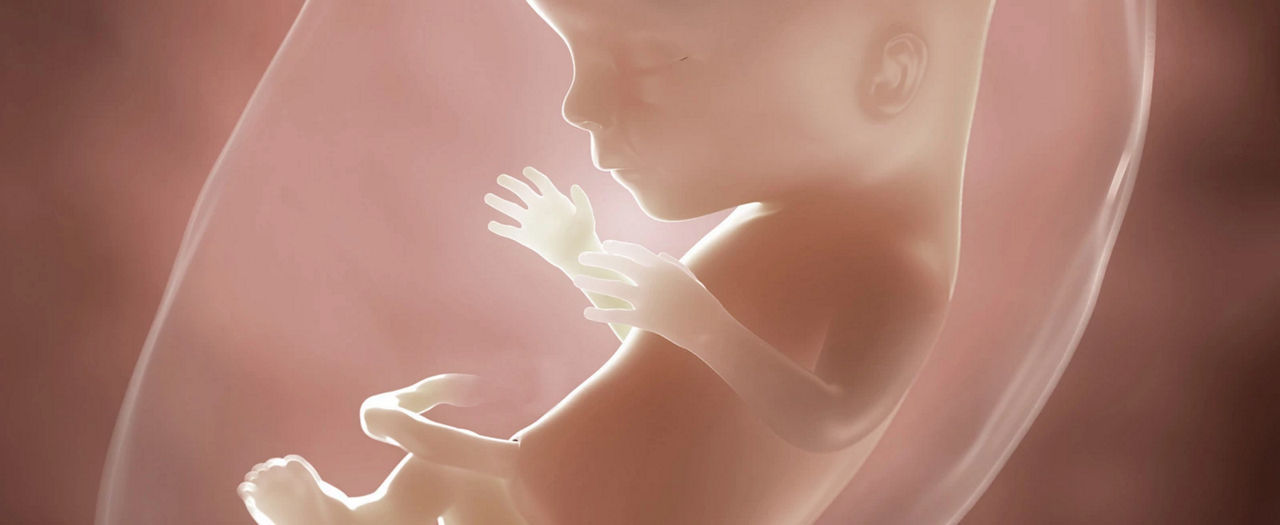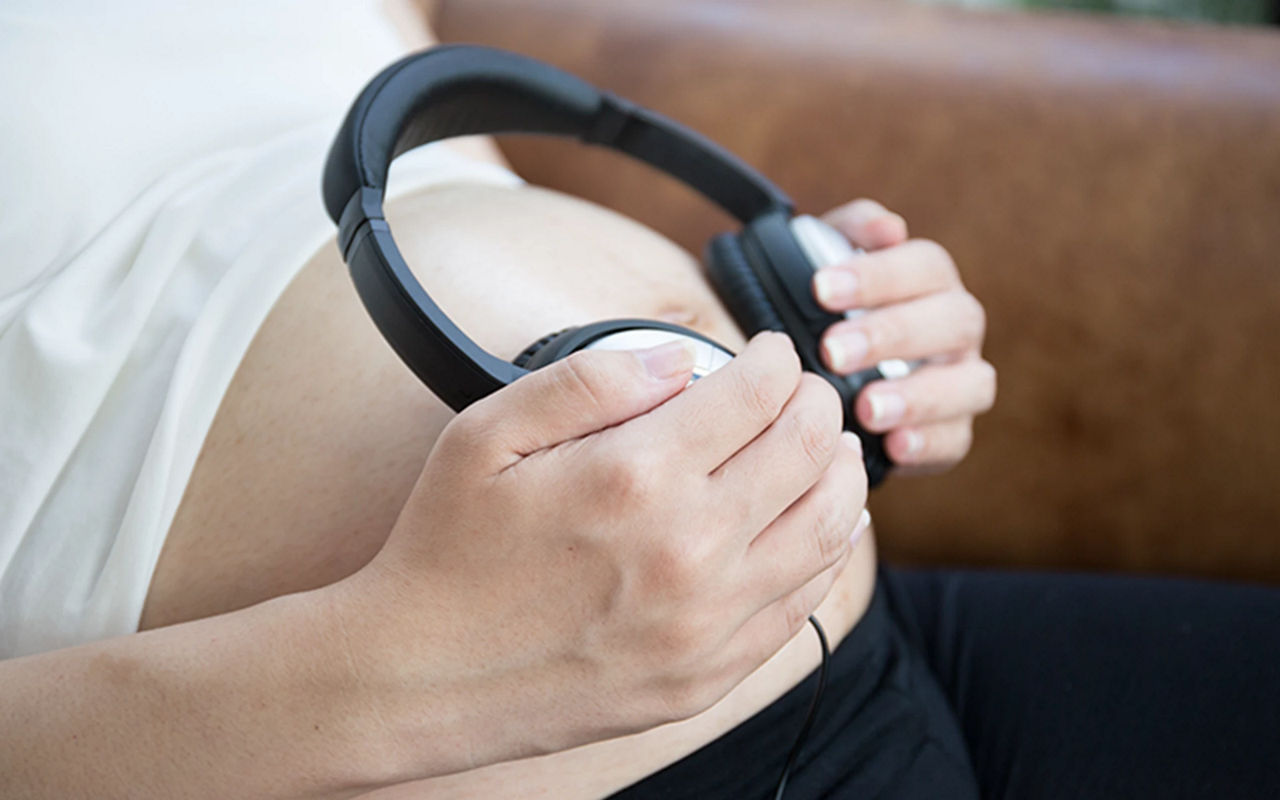A familiar voice
Understanding your baby's early language development
When babies begin to hear the world around them, the most important sound they’ll discover is their mother’s voice. This familiar noise will calm and soothe them and lays the foundation for their social and emotional development, language and speech1.
It’s a fascinating area of study and one which we’ve been exploring in detail. Read more about the science behind your baby’s early language development in our Hello In There series.







